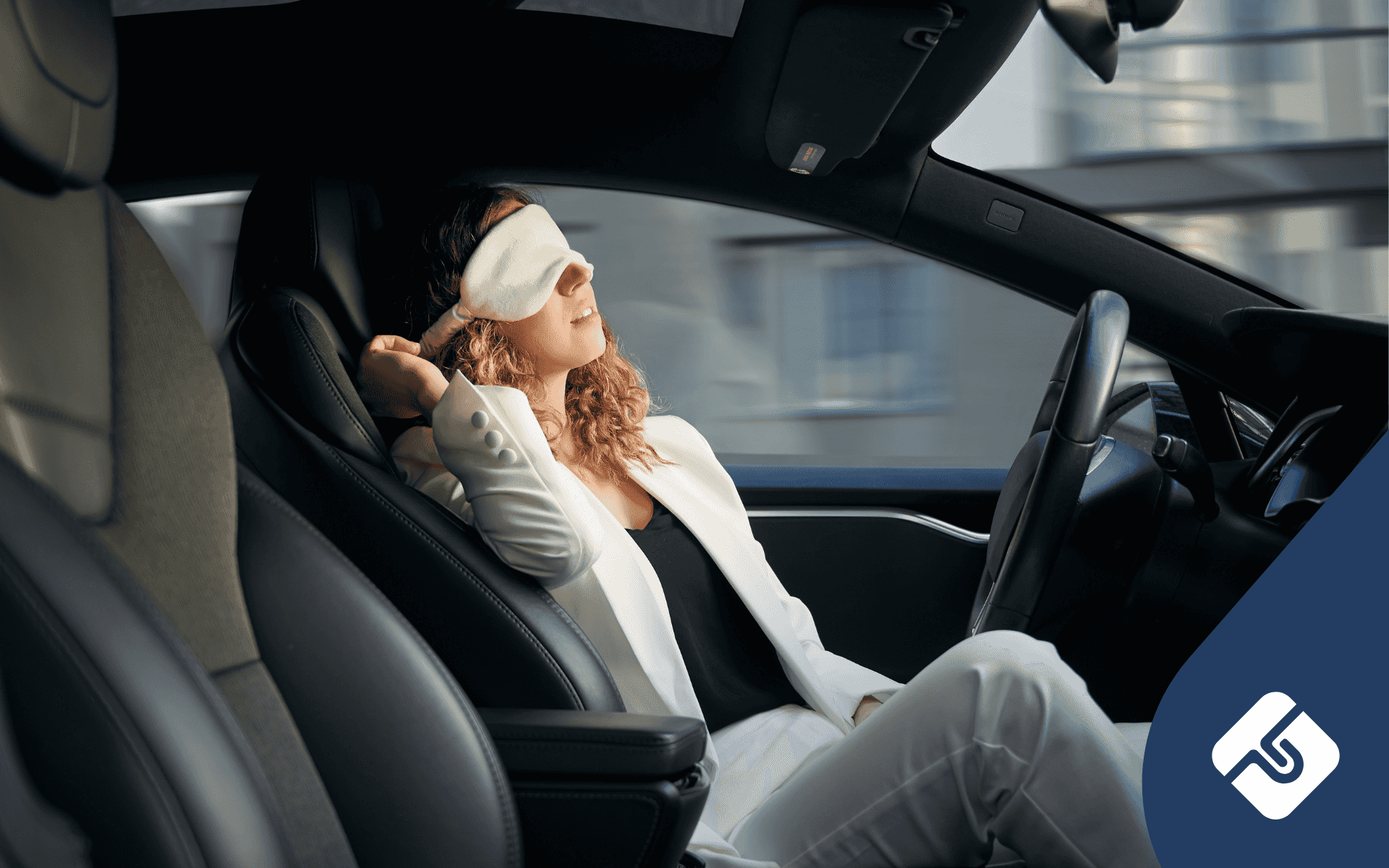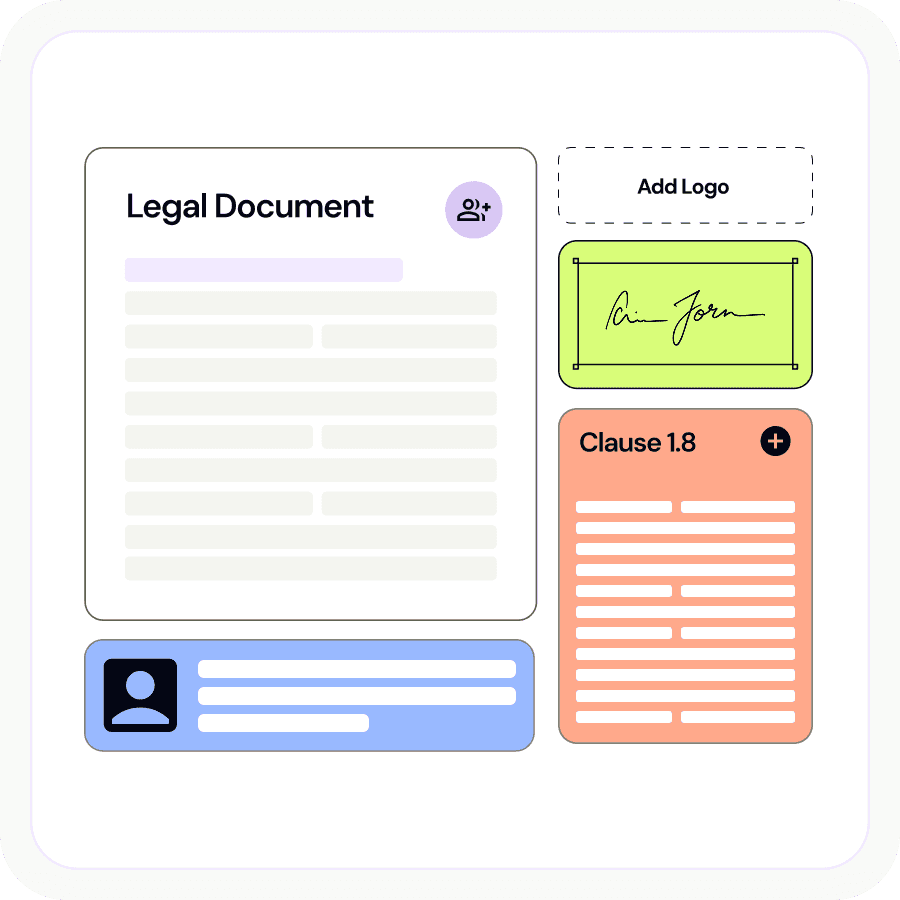Perhaps you’re on a road trip and want to save money where you can, or maybe you just need somewhere to crash for the night. Sleeping in your vehicle can seem like an attractive option – there are no costs, it’s indoors and relatively comfortable. However, you might be surprised to learn that sleeping in your car is illegal in some jurisdictions.
The law when it comes to sleeping in your car errs between respecting the right of a person to do what they want in their private property, but also how that property interacts with public spaces such as roads and carparks. In this article, we’ll discuss whether it’s legal to get some shut-eye in your car.
Is there a Federal Law?
Currently, there are no federal Australian laws that make it illegal for an individual to sleep in their car.
Australian Federal Law doesn’t often extend into criminal or motor vehicle jurisdictions, so the law surrounding this is State-based.
The absence of federal laws means that states and local governments have the power to decide whether they will allow you to sleep in your car. As a result, the laws differ from state to state, and perhaps even from city to city. Make sure you research before you hit the sack, or in your case, the car seat.
New South Wales
In New South Wales, sleeping in your car is perfectly legal.
The NSW Local Government Act concludes that it is legal for someone to sleep or live in a vehicle on a street, so long as parking is permitted on that road. In fact, the NSW Roads and Maritime Services encourages those driving long distances to stop and sleep. However, anyone can sleep in their car, not just those driving long distances. If you park your car in a restricted zone, however, you may be requested to move your vehicle or issued with a fine.
Recently, when the City of Sydney received complaints from the Marrickville residents about backpackers camping in parking lots, the council acknowledged that what was occurring was legal. However, in response, the council introduced new parking laws within Marrickville to prevent people from parking long-term. Councils have also since introduced stricter time limits on parking to discourage people from sleeping in their cars for long periods. A good example of this is streets located near a beach – most have parking limits so that people don’t camp there in their cars. Further, you’ll find it difficult to park for a long period of time anywhere in Sydney’s CBD. If you want to sleep in your car, you’ll have to drive away from popular tourist areas where it’s easier to park for long periods of time.
Similar laws apply in the Australian Capital Territory (ACT).
Victoria
On a state level, sleeping in your car is legal in Victoria. However, many councils are attempting to introduce by-laws to make it illegal. Local laws prohibiting such conduct already exist in Victorian municipalities such as Hobsons Bay, Greater Geelong, or Manningham. More Councils are taking this approach, as more have introduced laws that make sleeping in your car illegal. If you intend on sleeping in your car anywhere in Victoria, make sure you check the rules of the relevant local council.
Queensland
Queensland has the strictest laws in relation to sleeping in your car.
The City of Brisbane Act 2010 concludes that camping is strictly prohibited unless it is carried out in a designated campground. This includes sleeping in your vehicle on any road or park. If you’re making a pit stop in Brisbane, make sure to get some overnight accommodation. Those who are caught sleeping in their car will face a hefty fine and may even be prosecuted. The rules are similar in the Northern Territory, where camping in a public place is ‘actively discouraged’.
In Western, South Australia, and Tasmania, sleeping in your car is not technically illegal. However, there are strict limitations on parking at beaches and in parks or reserves. It’s important to read up on the local laws that apply to the area you intend to park your car in.
Sleeping in your vehicle after alcohol consumption
It’s a different situation if you are sleeping in your car after having consumed alcohol. It’s common knowledge that drunk driving (a Blood Alcohol Concentration of above 0.05) is illegal and serious penalties apply. If you’re a learner or provisional driver, the limit is 0. Being caught with any alcohol in your system will result in your license being revoked immediately. If you can’t find an alternate way of getting home or you can’t secure accommodation, sleeping in your car may seem like a good option. This is because it’s a much safer option than driving under the influence and risking your own life or those of other people on the roads.
However, even if you’re not actually driving your vehicle, you may still get sanctioned for drunk driving. There have been cases where someone intending to sleep in their car has been penalized. This is because sitting in the driver’s seat and having car keys in your possession is enough to demonstrate an intention to drink and drive. This generally applies nationwide. If you want to sleep in your car after a night of consuming alcohol, make sure you sleep in the backseat of your car. Alternatively, you can place your keys far away from your car’s ignition (i.e. in a bag in the backseat).
Conclusion
Sleeping in your car is legal in many places in Australia. However, places that attract more tourists and backpackers have stricter laws. The most common deterrent used to prevent people from sleeping in their cars is stricter parking rules. To be safe, you should contact the Local Council of the place where you intend to rest to find out whether you’ll be breaking any local laws by sleeping there.







